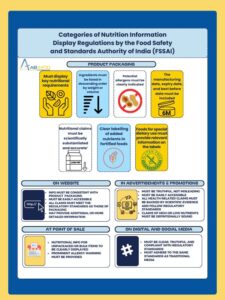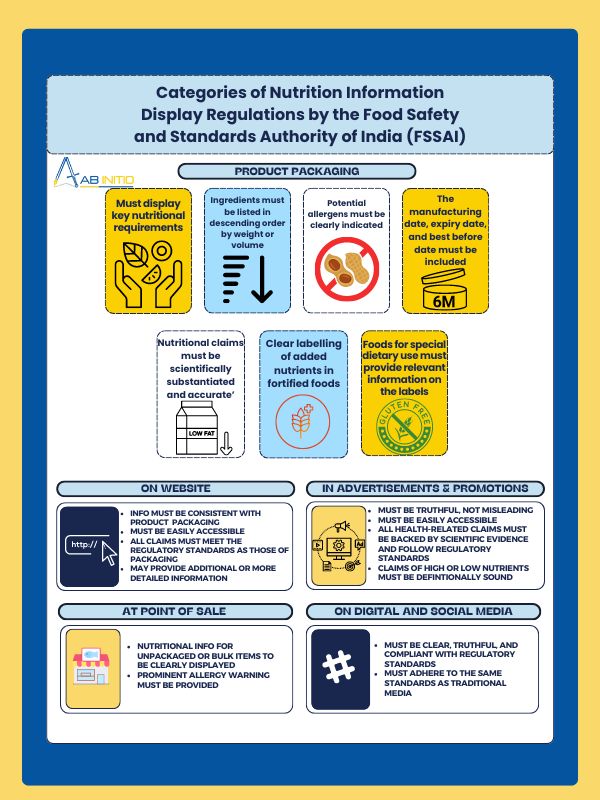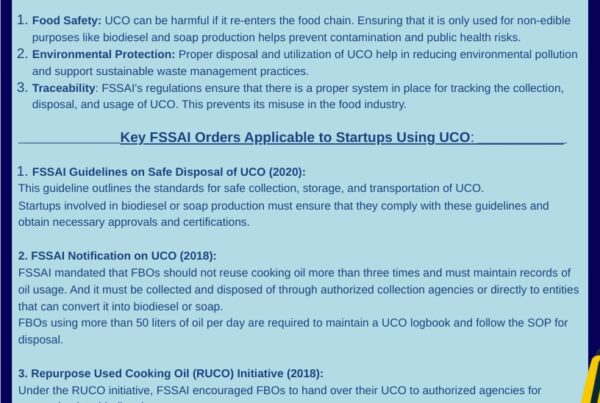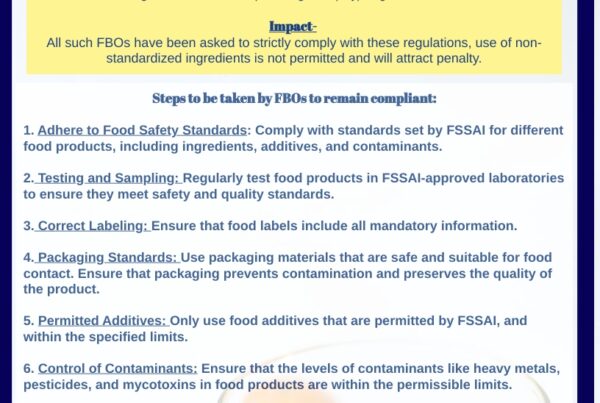In India, the Food Safety and Standards Authority of India (FSSAI) plays a crucial role in regulating how nutritional information is displayed on food products. These regulations are designed to ensure transparency and enable consumers to make informed dietary choices.
According to the Food Safety and Standards (Packaging and Labeling) Regulations, 2011, every food package must provide key nutritional information, including energy value, protein, carbohydrates, fats, and sodium. If a product is high in vitamins and minerals, these too must be disclosed. Additionally, all ingredients must be listed in descending order by weight, and potential allergens should be clearly marked to protect consumers with allergies. The packaging must also feature manufacturing, expiry, and best before dates to help consumers avoid expired products.
The Food Safety and Standards (Advertising and Claims) Regulations, 2018, ensure that any nutritional claims, such as “low fat” or “high in fiber,” are accurate and scientifically substantiated. For fortified foods, clear labeling of added nutrients is required, and foods designed for special dietary uses must provide relevant information to cater to specific needs.
-> Online, nutritional information must be consistent with product packaging, and websites can offer more detailed breakdowns. Claims made online must adhere to the same rigorous standards as those on packaging.
-> In advertisements, it is essential that all health-related claims are truthful and backed by scientific evidence. Comparisons between products must be accurate, and terms like “low sodium” must meet specific regulatory definitions.
-> At the point of sale, nutritional information for unpackaged or bulk items should be clearly displayed, with prominent allergen warnings to inform consumers with allergies.
-> Finally, transparency on digital and social media is vital. Nutritional information shared online must be clear and compliant with regulatory standards to ensure consistency across all platforms.
Adhering to these regulations not only fosters consumer trust but also aligns with industry standards.





